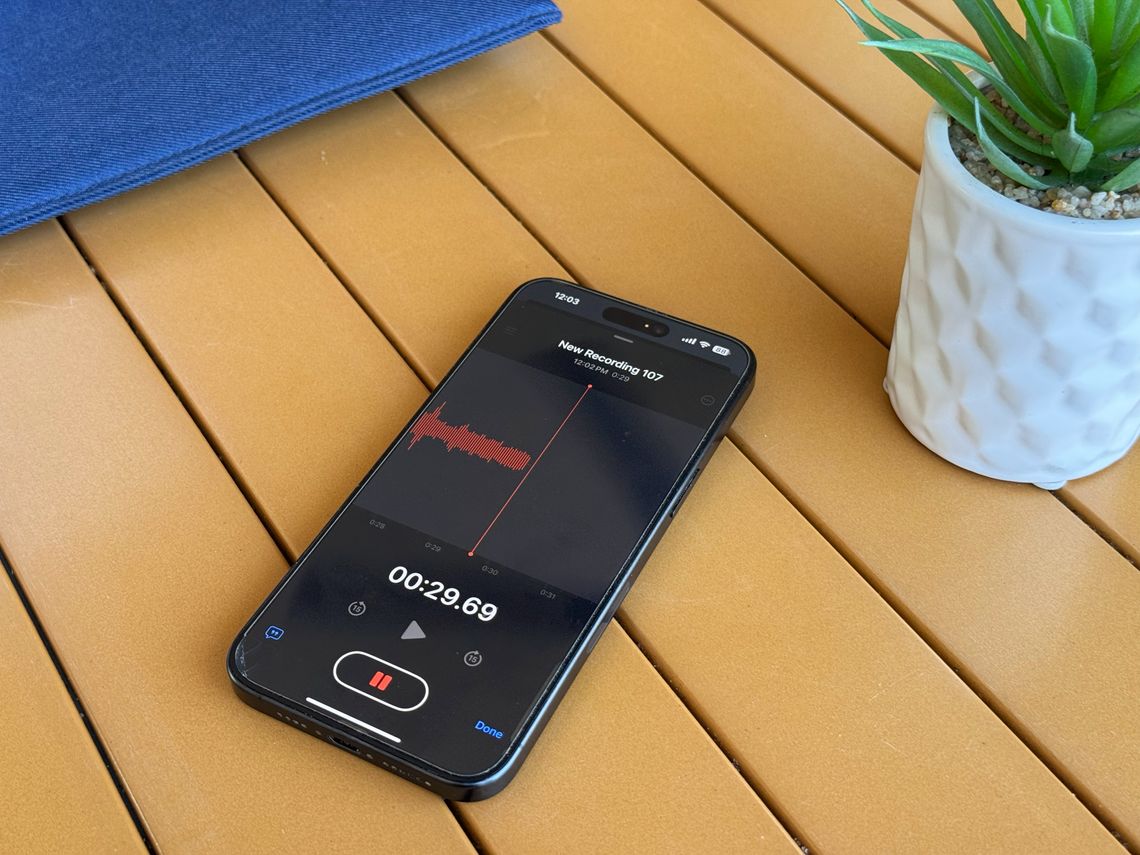BY ANDREW UTTERBACK
Podcast Producer
It seems like everyone has had the same “my phone is spying on me” experience.
You talk about a trip to the beach or needing to buy a new vacuum cleaner over dinner and then sure enough, ads for Florida resorts and Dyson vacuums appear later that night.
So, is your phone actually listening?
No, at least not in the way you think.
If you have an iPhone or Android device with “Hey Siri” or “Ok Google” features enabled, the voice assistants will activate when you say the respective trigger phrase. What this means is your phone is constantly in a low power state waiting to hear that specific phrase.
Think of this feature like how you sleep. When you’re taking a snooze, you’re likely not hearing every noise or conversation that goes on in the room. But, if your alarm goes off or a person says your name, you’ll likely wake up.
Another good analogy is a dog. They hear your conversations about that trip or vacuum purchase as a soup of mumbly nonsense until you say “walk,” “treat” or their name. Then they’re ready to go.
In an iPhone, there is a small “always on processor” that is listening for the Siri trigger phrase. Once the phrase is said, a more powerful part of the processor fires up and actually processes your request.
If your phone was fully recording your conversations and uploading them to target ads, your battery life and data usage would clearly reflect that. So while it is technically “always listening,” it is only “listening” for those very specific trigger sounds.
So if Siri or Google Assistant isn't always listening to conversations, how do they recommend ads for what you were just talking about?
The answer is Google.
Google is the most popular search engine, and second place isn’t even close. According to Backlinko, in Jan. of 2024, Google had a search engine market share of 81.95%. Bing came in at just 10.5%.
This means that Google is by far one of the very best places to put your ads since they span across the internet and made almost $240 billion in 2023 from ads alone.
To make these ads even more valuable, Google tailors them directly to you. This is the part that is probably just as invasive as your phone actually listening to you.
According to Google’s Safety Center website, “your activity on Google—like sites you visit, apps you use, topics you’ve searched and associated information like location— is used to deliver better, more helpful experiences across products, including ads.”
Every time you press the enter key and search for something on Google, that information is stored and then used to target ads across not just Google search pages, but websites across the internet including social media sites.
Facebook uses this same kind of website data to track you, even across non-Facebook sites.
So maybe you didn't actually search for hotels in Florida, but you instead checked the weather in Miami after searching for the best Florida resorts earlier in the day.
Later that evening when you found the ads waiting for you, they most likely came right from those earlier searches. Not the family dinner table.
The bottom line is your phone (if the feature is enabled) is technically “listening” in a low power state for the assistant trigger words, and that’s it. The heavy tracking and ad targeting all comes later once you open your browser and start searching.
.png)

Comment
Comments